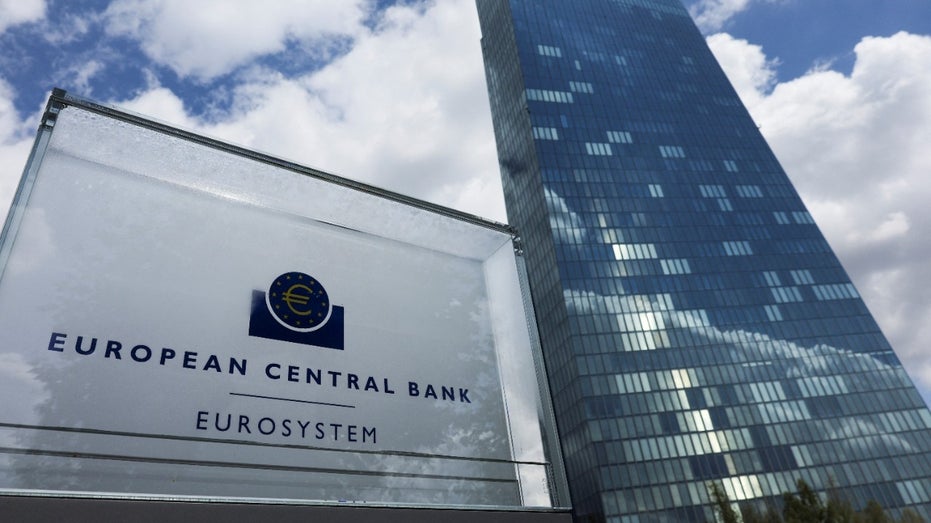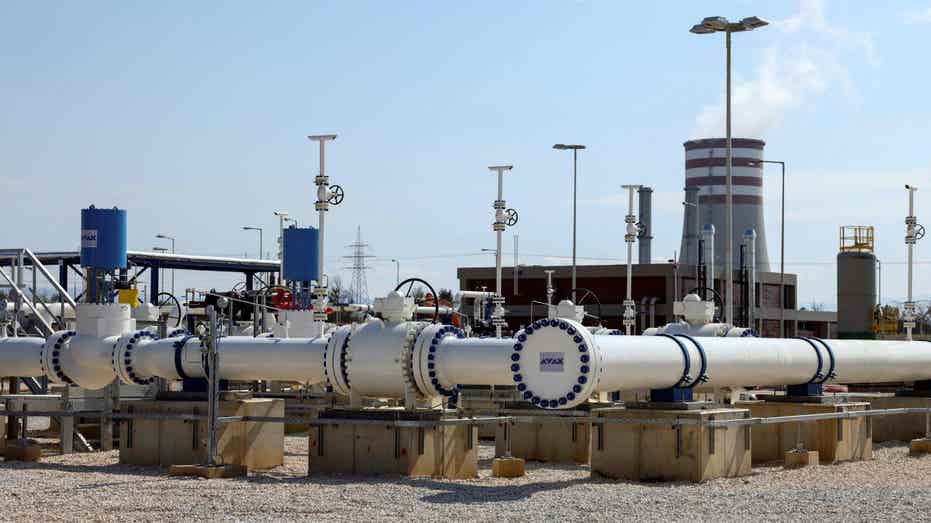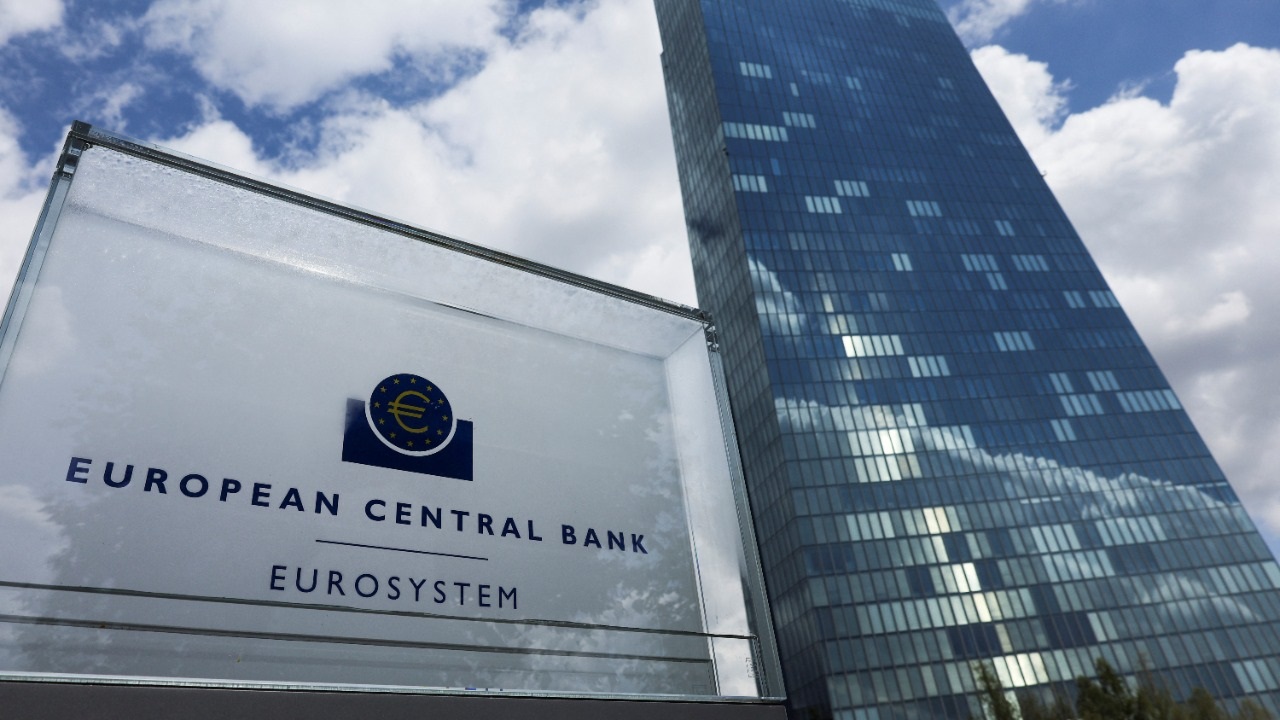ECB raises rates by unprecedented 75 basis points
Rate increase is similar to moves other central banks, including the US Federal Reserve, are making
FRANKFURT - The European Central Bank raised interest rates by an unprecedented 75 basis points on Thursday to tame runaway inflation, even as a recession is now increasingly likely as the bloc has lost access to vital Russian natural gas.
The ECB lifted its deposit rate to 0.75% from zero and raised the main refinancing rate to 1.25%, their highest level since 2011, as inflation is becoming increasingly broad and was at risk of getting entrenched.
"Over the next several meetings the Governing Council expects to raise interest rates further to dampen demand and guard against the risk of a persistent upward shift in inflation expectations," the ECB said in a statement.
The move comes after weeks of canvassing by policymakers, with a seeming majority making the case for a 75 basis-point hike and a few policy doves trying to downgrade expectations.
EURO SLIDES BELOW 99 CENTS, LOWEST IN TWO DECADES, AFTER RUSSIA SHUTS OFF GAS
Markets, however, sided with the conservatives and priced in an 80% likelihood of a 75 basis-point move, even as economists polled by Reuters were more evenly split, showing only a slight majority expecting the larger move.

FILE PHOTO: Signage is seen outside the European Central Bank (ECB) building, in Frankfurt, Germany, July 21, 2022. REUTERS/Wolfgang Rattay (Reuters/Wolfgang Rattay / Reuters Photos)
The large hike comes as the ECB increased its own inflation forecasts and continues to see price growth well above its 2% target throughout its entire projection horizon.
"ECB staff have significantly revised up their inflation projections and inflation is now expected to average 8.1% in 2022, 5.5% in 2023 and 2.3% in 2024," the ECB added.
Managing inflation is 'number one priority' for central bankers: Citi Europe CEO
Citi's Europe, Middle East and Africa CEO David Livingstone assesses bankers' key concerns, the Russia-Ukraine war's impact on world economies and the impact changing demographics in Middle Eastern nations could have on business.
Conservatives feared that anything but an oversized move would signal that the ECB was not serious about its inflation-fighting mandate. That risked pushing up already high long-term inflation expectations, which would signal a loss of confidence in the ECB.

Issues such as the ongoing conflict in Ukraine and supply chain issues has lead to inflated energy prices all across Europe. Pictured: the Interconnector Greece-Bulgaria (IGB) gas pipeline that supplies Bulgaria with gas, in Komotini, Greece, on July (REUTERS/Alexandros Avramidis / Reuters)
Timid action would have also weakened the euro, boosting inflation through more expensive energy imports.
EXPERTS BLAME GREEN ENERGY POLICIES FOR EUROPE'S FULL-SCALE ENERGY CRISIS: 'A WARNING TO THE US'
Frontloading the rate hikes also allows the ECB to get most of the work done before the recession sets in.
CLICK HERE TO READ MORE ON FOX BUSINESS
Attention now turns to ECB President Christine Lagarde's 1245 GMT news conference.





















